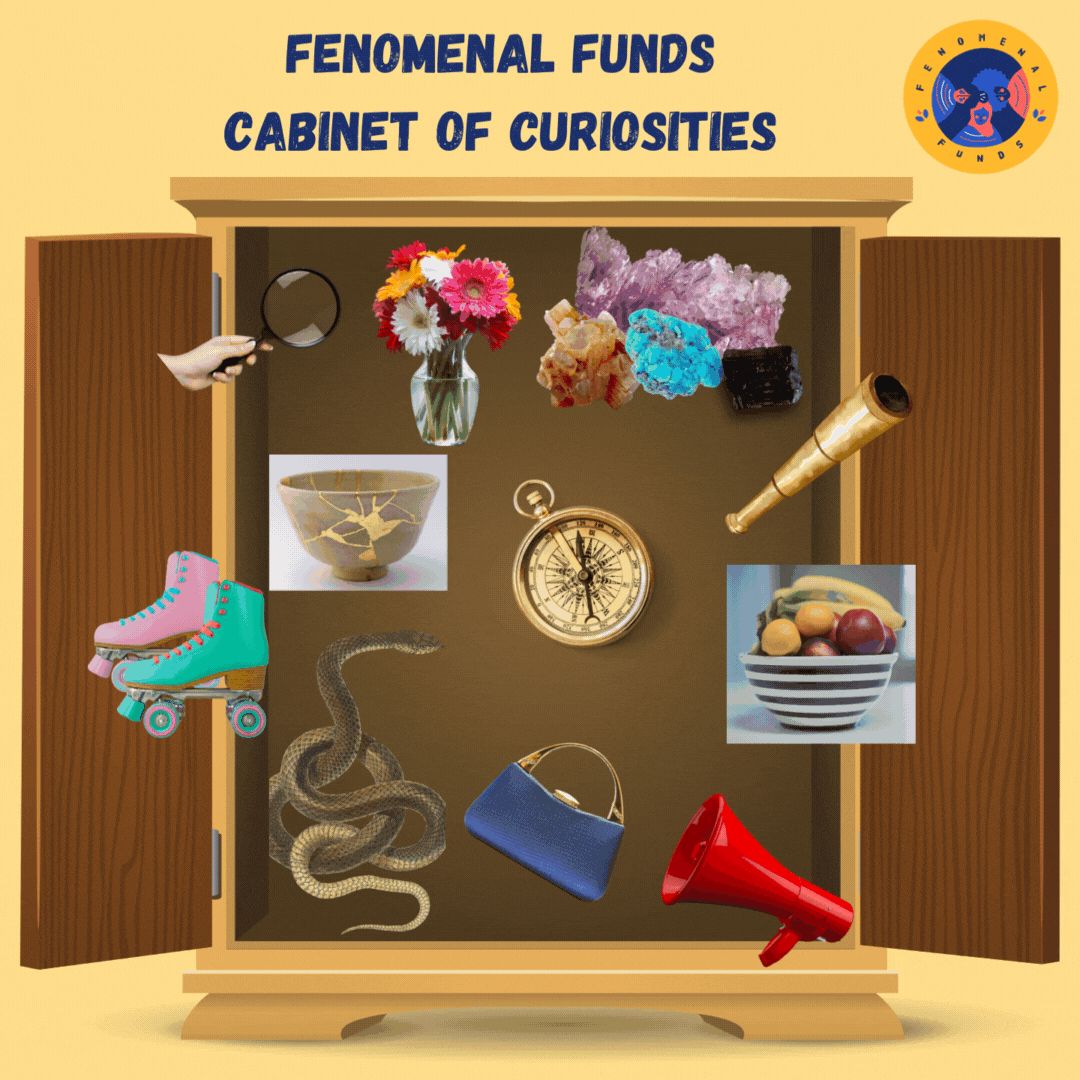A note from KIT our learning partner
Where Are We in Our Learning Journey?
Since 2019, Fenomenal Funds, its stakeholders, and especially the women’s funds that are part of this initiative have embarked on a joint-learning journey. This journey entails engaging with innovative participatory grantmaking and shared governance practices, aiming at strengthening the individual infrastructure and collective ecosystem of the women’s funds. In 2023, Rebecca Hallin, Ana Victoria Portocarrero, Camilo Antillón, and Anne Karam, from KIT Royal Tropical Institute in the Netherlands, joined this journey as Learning Partners in the design and implementation of the Fenomenal Funds Learning Plan, as set out in the Learning Strategy.
Guided and inspired by feminist participatory principles and an ethics of care and inclusivity, the Learning Plan emerged out of a collaborative process of co-creation. In this five-month co-creation process, from May to September 2023, we, the KIT team, facilitated reflections with members of the Advisory Committee, the Steering Committee, the Learning and Evaluation Working Group, and the Prospera International Network of Women’s Funds Secretariat, while guided by the Fenomenal Funds Secretariat.
The Learning Plan that we will be facilitating in 2024 emerged as a result of this process, as well as the idea of creating a space to share updates and reflections along the journey with all fellow voyagers. This blog titled “Along the Road, Where are We in the Fenomenal Funds’s Learning Journey?” is that space. In this first entry, we want to share with you how the co-creation of the Learning Plan was organized, as well as some reflections that emerged out of this process.
The Co-Creation Process
In line with Fenomenal Funds’s vision of knowledge, the design of the Learning Plan emerged from a collective process through which the Fenomenal Funds’s diversity of stakeholders proposed
- the curiosities or learning questions that should be considered;
- the stakeholders with whom these learning questions should be addressed;
- the most adequate methodologies to identify the learnings; and
- the ethical and safeguarding dimensions required to make sure that the process and the knowledge generated are truly inclusive, caring, and useful for the stakeholders of Fenomenal Funds.
The co-creation process was consciously streamlined, primarily involving representatives of the Fenomenal Funds governance structures, such as the Steering Committee, the Advisory Committee, and the Learning and Evaluation Working Group, rather than all stakeholders (which the Learning Plan aims to do). This decision was made to avoid overloading stakeholders with additional work, so that their focus and engagement can be spent in the Learning Plan that begins at the end of the co-creation process. To ensure a balanced representation of all regions, a number of representatives of women’s funds and funding partners that are not part of the governing structures of Fenomenal Funds were invited to participate in the activities. The process was developed in five phases:
In Phase 1, an online survey was distributed to all the above-mentioned stakeholders for them to share their vision on learning questions, stakeholders, methodology, and ethical and safeguarding dimensions. This online survey was written in English and translated to Spanish and French; answers were received in all three languages.
In Phase 2, we organized the answers and developed a methodology for collective sensemaking of the ideas shared in the survey. This was done through two online workshops: one with the Working Group and one with the Advisory Committee. Simultaneous translation to Spanish and French was provided, as well as materials and exercises in the three languages.
The workshops included participants placing images that represented the curiosities in a virtual cabinet of curiosities. These curiosities translated into learning questions that represent the interests of Fenomenal Funds’s stakeholders (see image below).
In addition to their cabinet of curiosities, participants of the workshops critically revised, discussed, and complemented the learning questions, the methods to address those questions, and the possible barriers for meaningful participation that were mentioned in the online survey. For each possible barrier, they proposed ideas to tackle them so that safe and brave spaces are created for the emergence of learnings.
In Phase 3, we conducted individual qualitative interviews with the members of the Steering Committee. In these interviews, we shared the ideas that emerged from the collective sensemaking sessions, and each Steering Committee member had the opportunity to complement the Learning Plan.
Phase 4 consisted of organizing and sharing the information with the Learning and Evaluation Working Group to gather their input for the drafting of the plan.
In Phase 5, which occurred in November 2023, the Learning Plan was revised by the Working Group and endorsed by the Steering Committee.
Reflections on the Process:
Here, we want to share with you some of our reflections as Learning Partners, which we have organized in terms of framing, collectiveness, and caring.
How we frame an issue is important. By framing we decide what is included and excluded in our scope of work. More so, it expresses what we are interested in and where we want to put our attention. Imagine a frame of a picture that separates what we find important from the rest of a white wall. Our first surprise was that there was not one but many diverse curiosities among Fenomenal Funds’s stakeholders. There were some initial questions that we were asked to look at. However, when a space was created to reflect on those questions creatively, the picture inside the frame changed, allowing us to see that there was more diversity in the learning questions than anticipated. The Learning Plan reflects that diversity.
The word collectiveness usually brings a positive connotation. We certainly believe it is a positive way of working, in the sense that it allows us to put together more diverse ideas and abilities into a process, enhancing its result. However, true collectiveness also brings its complexities. We quickly realized that collective decision-making processes needed time and effort in their own right. Having more than twenty pairs of eyes looking at the process meant going back and forth many times, from rethinking a presentation or a workshop methodology to being able to open space for ideas that were sometimes uncomfortable. The result, however, echoes the complexity of the initiative.
The tangible result of the co-creation process is the Learning Plan, which we will be implementing with you very soon. But there are also intangible gains that we appreciate a lot, such as witnessing how the initiative functions according to an ethics of care. Throughout the process, the main preoccupation of most stakeholders was to not burden the women’s funds with another task among the many they are already engaged in. The respect for the work that the women’s funds are doing in all regions was palpable, as was the acknowledgment that this work happens in increasingly complex contexts.
Adding to the reflections above, the co-creation process allowed for us as Learning Partners not only to familiarize ourselves with the mission and actions of the initiative but also to live the collaborative and emergent way of working that Fenomenal Funds is championing. As we’ve mentioned—and it is worth repeating—true collectiveness is complex. Throughout the co-creation process, we as a team experienced this internally, as well as in our co-creation with you. Sometimes plans and discussions were smooth and easy, and we worked in harmony and in time with each other. But just as often, we had to rearrange, rethink, and challenge each other, be it on ideas of content or methods or just who could do what and when. At times, this created friction that then transformed into relief and joy when we found a solution or delivered a milestone. Working like this requires trust and communication, not to speak of patience, and that, we are learning (and living), takes time and is an exciting path to be on.
With this first entry on the blog, we invite you to join us on the stops we will make along the way, and together build on the learnings that are coming out of this initiative.

